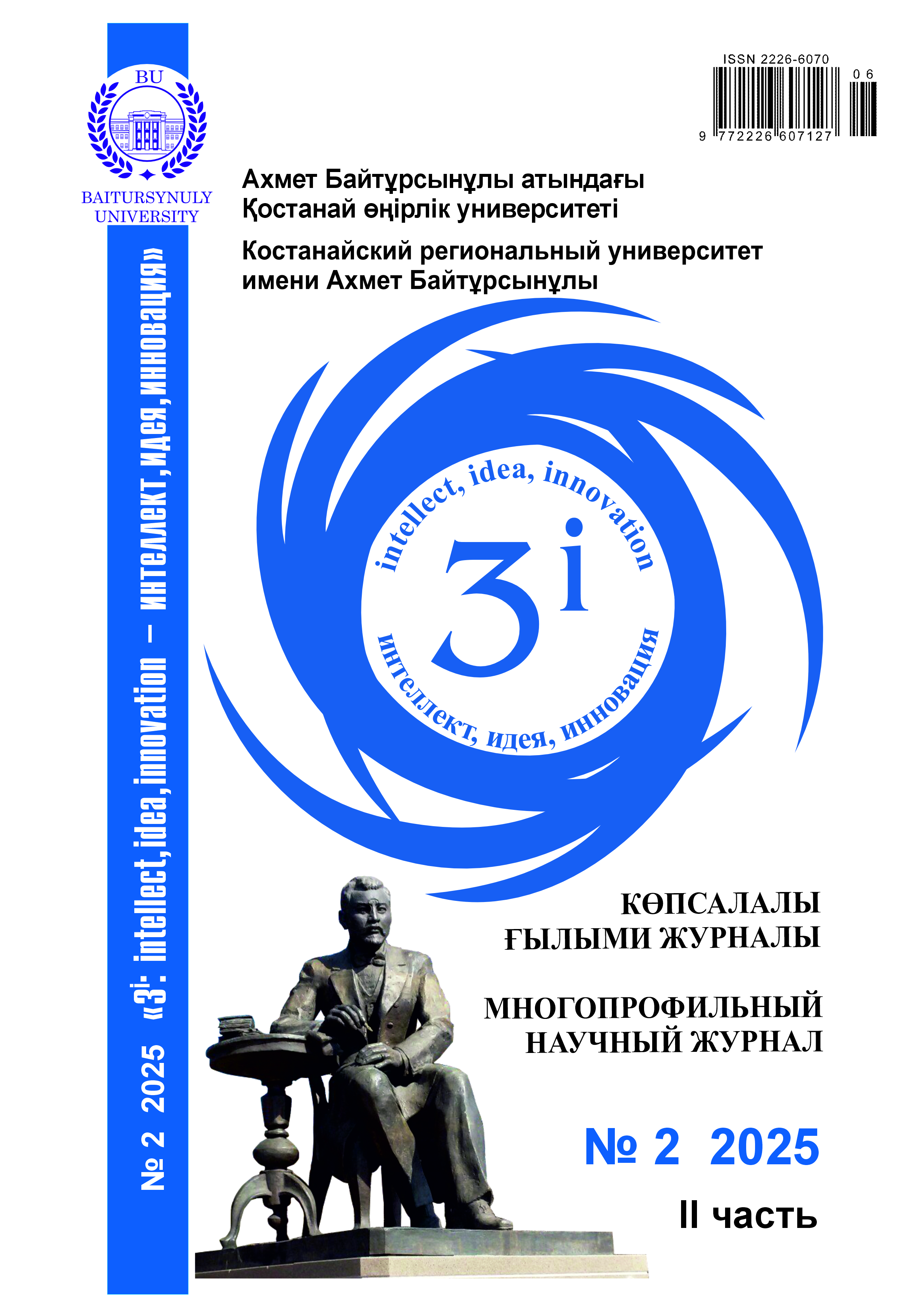ФОРМИРОВАНИЕ ЗДОРОВЬЕСБЕРЕГАЮЩЕЙ КОМПЕТЕНТНОСТИ В ОБРАЗОВАТЕЛЬНЫХ ПРОГРАММАХ "БИОЛОГИЯ", "ХИМИЯ", "ГЕОГРАФИЯ"
DOI:
https://doi.org/10.52269/RWEP2522238Ключевые слова:
здоровьесберегающя компетентность, образовательная программа, будущие педагоги, педагогическое образование, здоровье школьников, практико-орииентированный подходАннотация
В условиях современного образования особую актуальность приобретает задача формирования у будущих педагогов способности к реализации здоровьесберегающей деятельности. Это обусловлено необходимостью сохранения и укрепления здоровья обучающихся, а также формирования культуры здоровья как компонента общепедагогической компетентности. Целью данного исследования является анализ содержания дисциплин образовательных программ естественнонаучного направления педагогического вуза (по направлениям подготовки «Биология», «Химия», «География») с точки зрения их вклада в формирование здоровьесберегающей компетентности обучающихся. В исследовании были поставлены следующие задачи: теоретически обосновать понятие и структуру здоровьесберегающей компетентности; выявить потенциал изучаемых дисциплин в реализации здоровьесберегающего подхода; проанализировать восприятие значимости таких аспектов обучающимися и преподавателями; предложить направления совершенствования образовательных программ. Использованы методы теоретического анализа, контент-анализа образовательных программ, эмпирического анализа, а именно анкетирование студентов и преподавателей. В ходе исследования установлено, что естественнонаучные дисциплины обладают высоким потенциалом для формирования ценностно-смысловой компетенции, положительно направленной на сохранение здоровья. Результаты анкетирования подтвердили заинтересованность студентов в более глубокой интеграции здоровьесберегающего компонента, а также готовность профессорско-преподавательского состава к системному формированию в этой области. Проведенный анализ позволил обосновать необходимость введения модулей в базовых и профильных дисциплинах, усиления практической направленности обучения, развития междисциплинарных связей, повышения квалификации педагогов. Научная значимость работы заключается в уточнении содержания и структуры здоровьесберегающей компетентности в контексте педагогической подготовки, а практическая – в разработке рекомендаций по совершенствованию образовательных программ в целях обеспечения здоровьесберегающей направленности профессионального образования.




